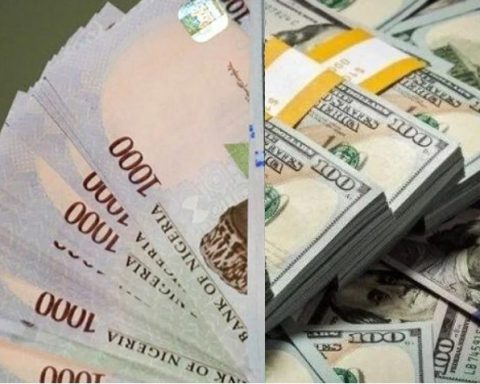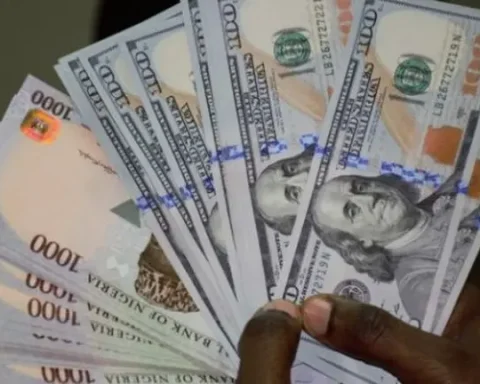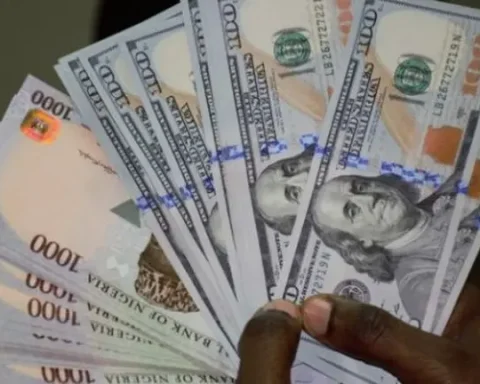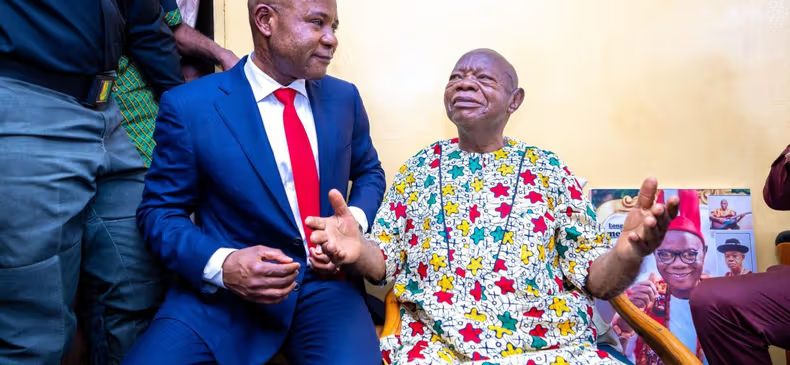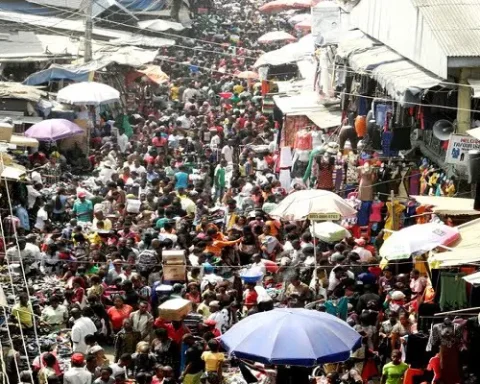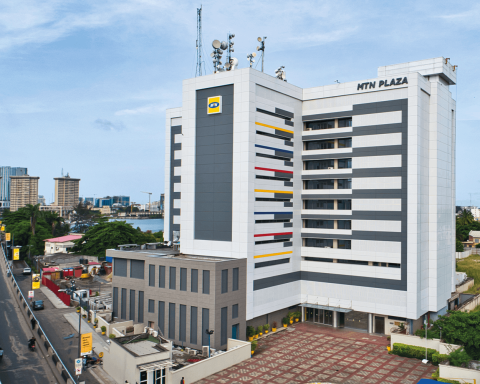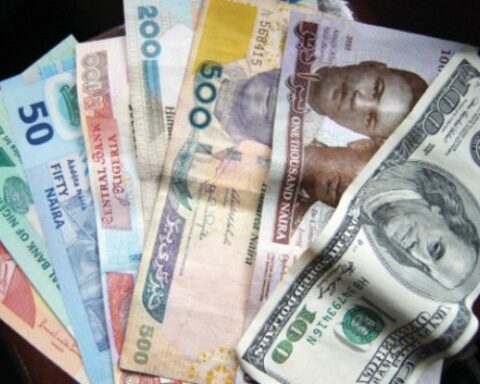Nigerian naira has continued to experience depreciation since the week began, reaching N1,639.41/$ on Thursday, 5 September 2024 at the official market.
According to data from the FMDQ Securities and Exchange, the official trading platform of the Nigerian Autonomous Foreign Exchange Market (NAFEM), the naira traded N1,585.77 per dollar on Monday, 2 September 2024. The value of the currency fell on Tuesday, 3 September to N1,611.34/$. It further dropped to N1,625.88/$.
Join our WhatsApp ChannelREAD ALSO: Black Market Dollar (USD) To Naira (NGN) Exchange Rate Today, 6th September 2024
Between Monday and Thursday, the naira has lost N53.64 which represents 3.9 per cent drop.
The NAFEM data showed that at the Importers and Exporters (I&E) window, the currency traded between N1,650.00/$ and N1,410.00/$ on Thursday.
The daily FX turnover decreased by $19.97 million or 9.7 per cent to $185.79 million on Thursday from $205.76 million on Wednesday.
The naira has continued to face severe pressure despite the Central Bank of Nigeria’s intervention to boost liquidity in the foreign exchange market. After gaining for about a week in the FX market following CBN’s injection of over $1.7 billion through auction sales in August, the local currency value started dropping again.
This rise in exchange rate comes amid hike in petrol prices across the country.
Economic experts have expressed concerns about the impact on exchange rate, inflation, businesses and Nigerians.
Chief Economist at SPM Professionals, Dr Paul Alaje, while commenting on petrol price hike, attributed the exchange rate volatility to floating of the naira done last year as part of forex reforms.
“You can not float and not expect consequences,” Alaje stated in a post on his verified X handle.
He said the consequences are: “1. High inflation pressure; 2. High living cost; 3. Poor exchange rate; 4. Increase in poverty rate; 5. High production cost, especially among SMEs; 6. Lower purchasing power of naira; 7. Social concerns.”
“The earlier we review these policies, the better,” Alaje advised.



